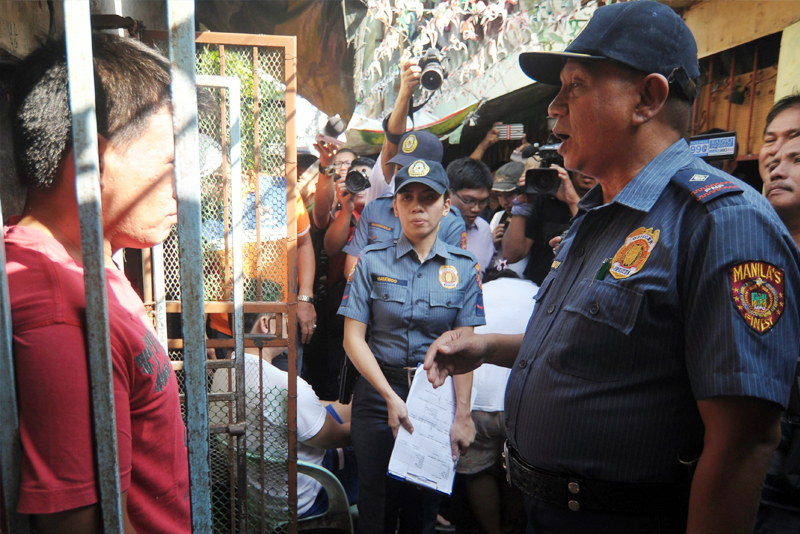By: Emily Green
Impunity Watch Reporter, South America
QUITO, Ecuador – Ecuadoreans are voting in a referendum that has become a test of popularity between their current president and his predecessor. Voters are choosing whether or not to get rid of unlimited presidential terms.

The referendum was created by the current president, Lenin Moreno, to implement a two-term presidential limit. President Moreno was once the protégé and deputy to former President Rafael Correa. However, President Moreno and Correa have entered a bitter feud since President Moreno took office last year. Correa does not approve of President Moreno’s initiatives to work with business leaders who were at odds with his previous government. Although they won office under the same party, the two went through a very public separation.
This referendum is aimed at preventing Correa, who already served two terms, from ever returning to power. It has been seen as a popularity test between the two leaders. Ecuadorean news reported the vote as a way for President Moreno to “distance himself from his predecessor and consolidate his political process.” President Moreno hopes that the vote will close the door to Correa’s candidacy in the 2021 election. He explained, “corruption sets in when you have only one government that thinks it will stay on forever.”
There have been protests throughout the week against Correa as he campaigns against the referendum. In one instance, trash was hurled onto his vehicles. His silver SUV was covered in plastic and mud on Wednesday which resulted in him being trapped in the radio station where he had been giving an interview. Correa wrote on Twitter that the it was “a shame for the country!”
The referendum includes seven questions. One would give President Moreno the authority to decide who can lead some of the nation’s most important institutions. Another would restrict mining. In addition, one would bar officials convicted of corruption from seeking office. This may also impede Correa’s run at presidency because he is under allegations of corruption. Although he has not yet been convicted, he is being investigated for irregularities in oil sales to China and Thailand during his time in office. His vice-president at the time, Jorge Glas, was sentenced to six years in jail in December 2017 for his involvement in a Brazilian corruption scandal.
Correa commented on this measure saying that “the right wants to invent a crime against me to disable me.” He refers to President Moreno as a traitor and the referendum a “coup d’état”.
For more information, please see:
BBC News – Ecuador votes on election term limit as Correa looks on – 4 February 2018
Washington Post – Current, former presidents at odds in Ecuador referendum – 4 February 2018
Reuters – Ecuador votes on re-election limits, likely dashing Correa comeback – 4 February 2018
NPR – Ecuador Votes on Presidential Term Limits – 3 February 2018
New Jersey Herald – Protesters hurl trash on Ecuador president’s vehicle – 31 January 2018











